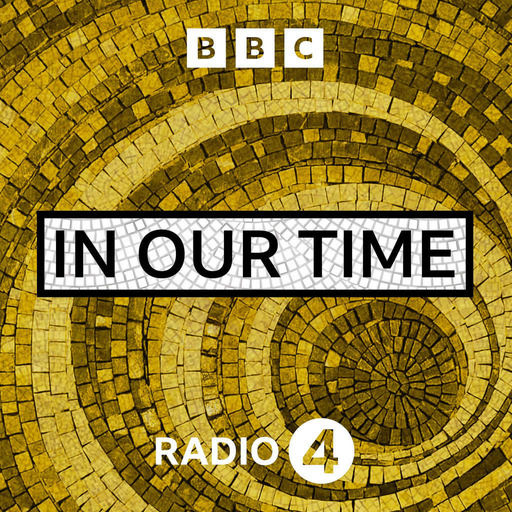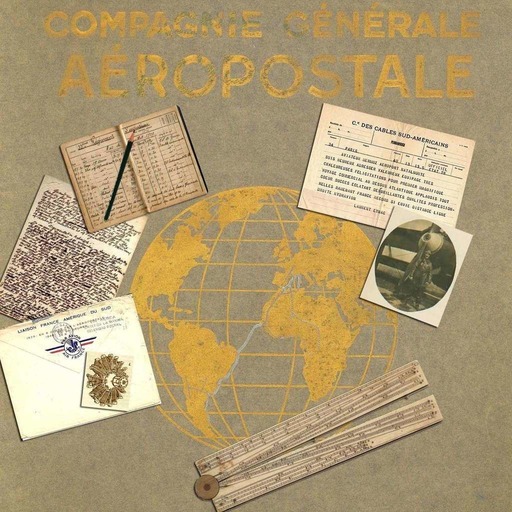Melvyn Bragg and guests discuss the great 18th Century fashion for epistolary literature. From its first appearance in the 17th Century with writers like Aphra Behn, epistolary fiction, fiction in the form of letters, reached its heyday in the 18th Century with works like Clarissa by Samuel Richardson. At over a million words, it's a contender for the longest English novel. It inspired impassioned followers such as Denis Diderot who described reading Richardson's novels like this: “In the space of a few hours I had been through a host of situations which the longest life can scarcely provide in its whole course. I had heard the genuine language of the passions; I had seen the secret springs of self-interest and self-love operating in a hundred different ways: I had become privy to a multitude of incidents and I felt I had gained in experience.”This sense of the reader gaining a privileged peek into the psychology of the protagonists was a key device of the epistolary form and essential to the development of the novel. Its emphasis on moral instruction also propelled the genre into literary respectability. These novels were a publishing sensation. Philosophers like Rousseau and Montesquieu took up the style, using it to convey their ideas on morality and society.So why was letter writing so important to 18th Century authors? How did this style aid the development of the novel? And why did epistolary literature fall out of favour?With John Mullan, Professor of English at University College London; Karen O’Brien, Professor in English at the University of Warwick; and Brean Hammond, Professor of Modern English Literature at the University of Nottingham.
Publié le par BBC Radio 4
(C) BBC 2024
Les podcasts externes de ce site sont récupérés à partir de liens publics (Feed XML/RSS) qui nous ont été fournis par nos utilisateurs ainsi que des partenaires. Ce podcast m'appartient.


 Emissions
Emissions







